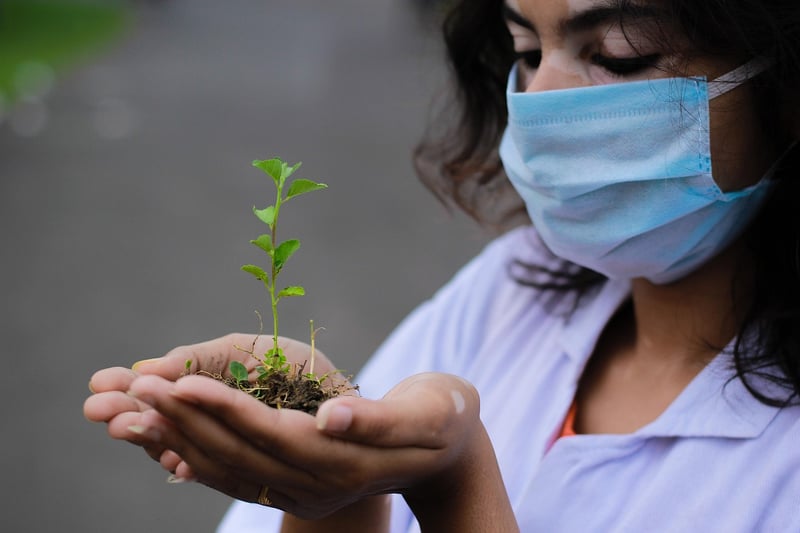Soil health
Expert Advice for Gardeners: Soil Health
As a gardener, one of the most crucial aspects of maintaining a successful garden is ensuring the health of your soil. Healthy soil is the foundation for vibrant, thriving plants. Here are some expert tips to help you improve and maintain the health of your garden soil:
1. Test Your Soil
Before you start any gardening project, it's essential to test your soil. Soil testing can provide valuable information about the pH level, nutrient content, and composition of your soil. You can purchase DIY soil testing kits or send samples to a local agricultural extension service for analysis.
2. Add Organic Matter
Organic matter such as compost, manure, and leaf mulch is a key ingredient for healthy soil. Adding organic matter improves soil structure, retains moisture, and provides essential nutrients for plant growth. Work compost into your soil regularly to enhance its fertility.
3. Practice Crop Rotation
Rotating your crops each season can help prevent soil depletion and nutrient imbalances. Different plants have varying nutrient needs, so rotating crops can maintain soil health and reduce the risk of pest and disease buildup.
4. Avoid Over-Tilling
While tilling can help aerate the soil and break up compacted areas, over-tilling can disrupt the soil structure and harm beneficial soil organisms. Minimize tilling and opt for no-till gardening methods whenever possible to preserve soil health.
5. Mulch Your Garden
Applying mulch to your garden beds helps conserve moisture, suppress weeds, and regulate soil temperature. Organic mulches like straw, wood chips, or shredded leaves also break down over time, adding valuable organic matter to the soil.
6. Practice Watering Wisely
Overwatering can lead to waterlogged soil and root rot, while underwatering can stress plants and hinder nutrient uptake. Be mindful of your plants' watering needs and aim to water deeply but infrequently to encourage strong root growth.
7. Consider Cover Cropping
Planting cover crops during the off-season can help protect and improve soil health. Cover crops like clover, vetch, or rye grass add organic matter, prevent erosion, and fix nitrogen in the soil, enhancing its fertility for future plantings.
By following these expert tips and practices, you can nurture healthy soil that will support lush, productive gardens year after year. Remember, healthy soil is the cornerstone of successful gardening!

For more information on soil health and gardening tips, check out Gardeners.com.
